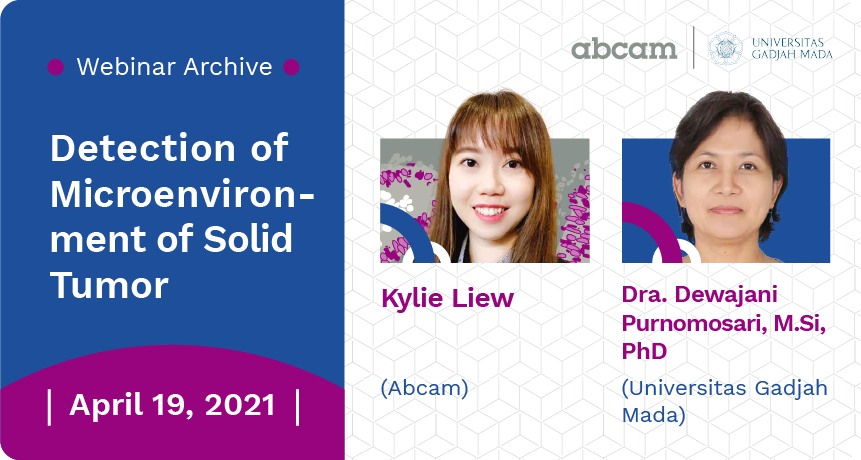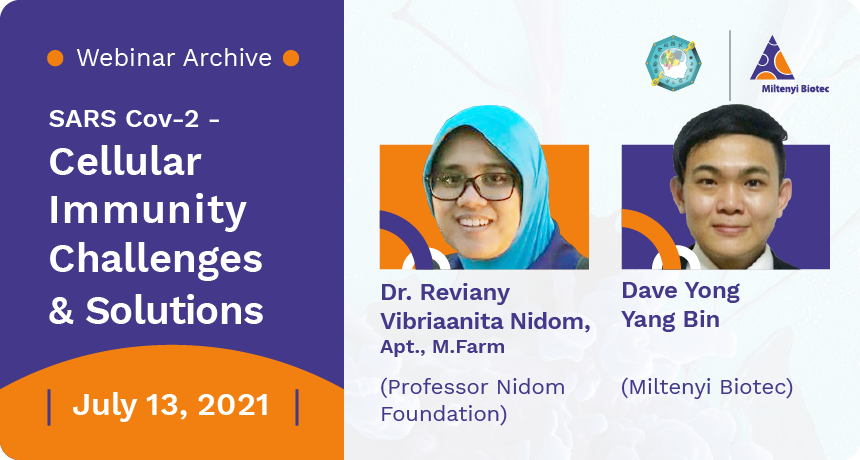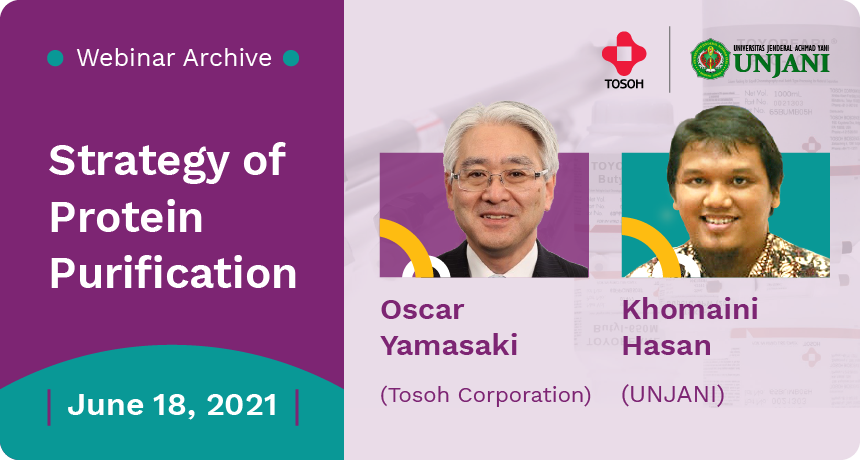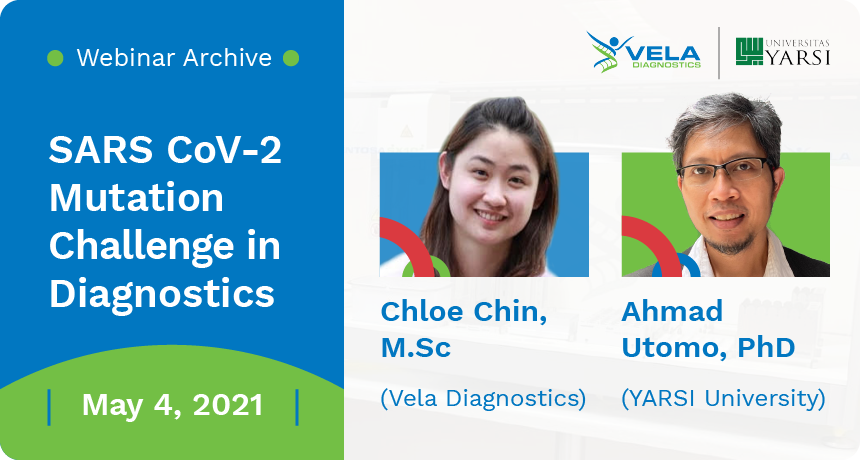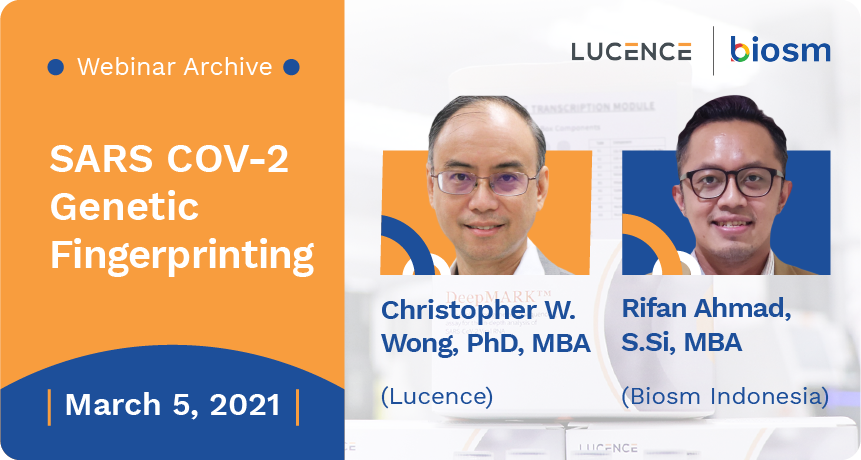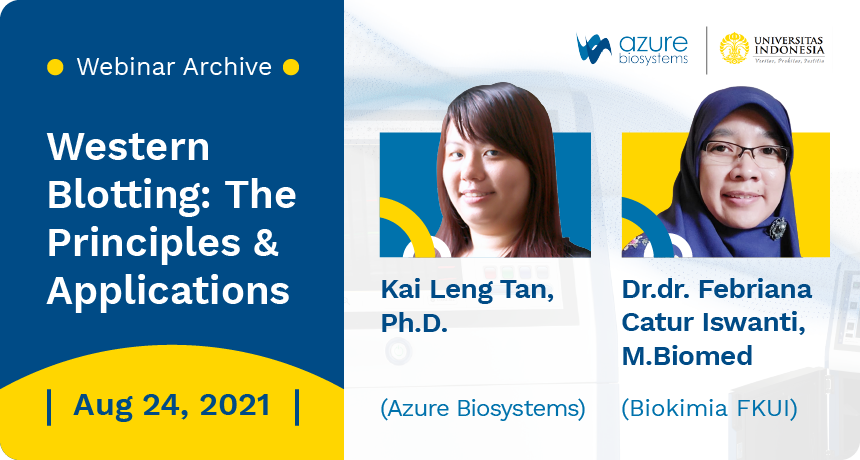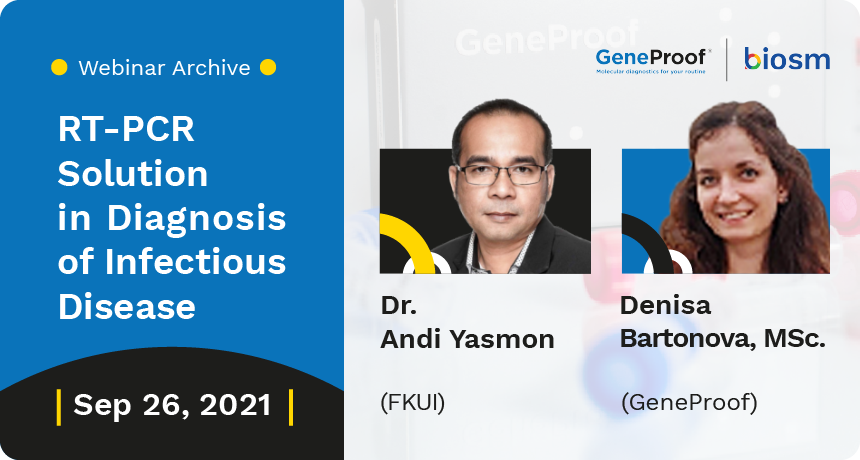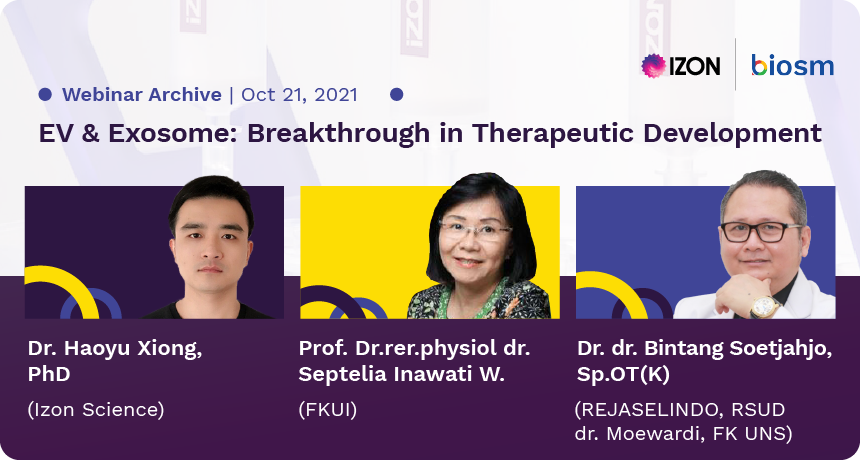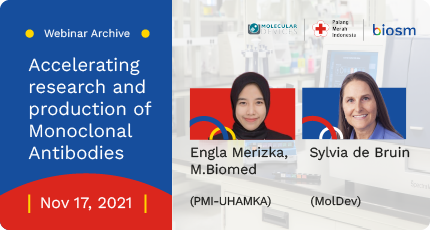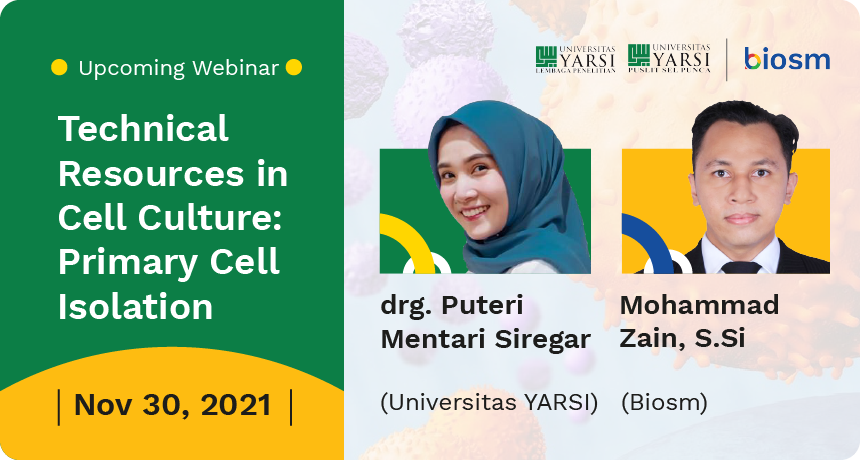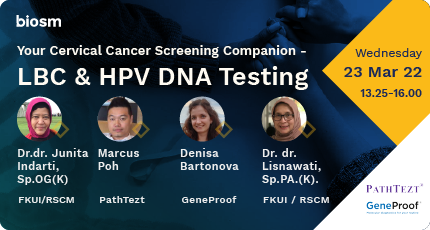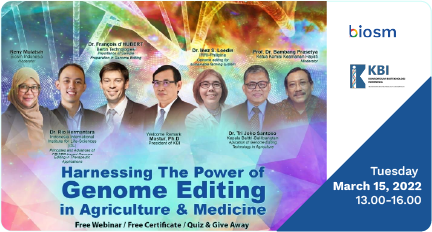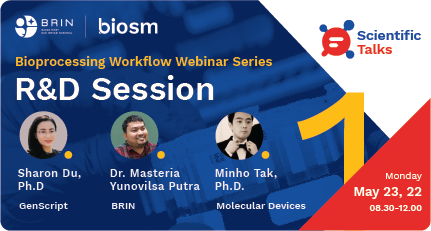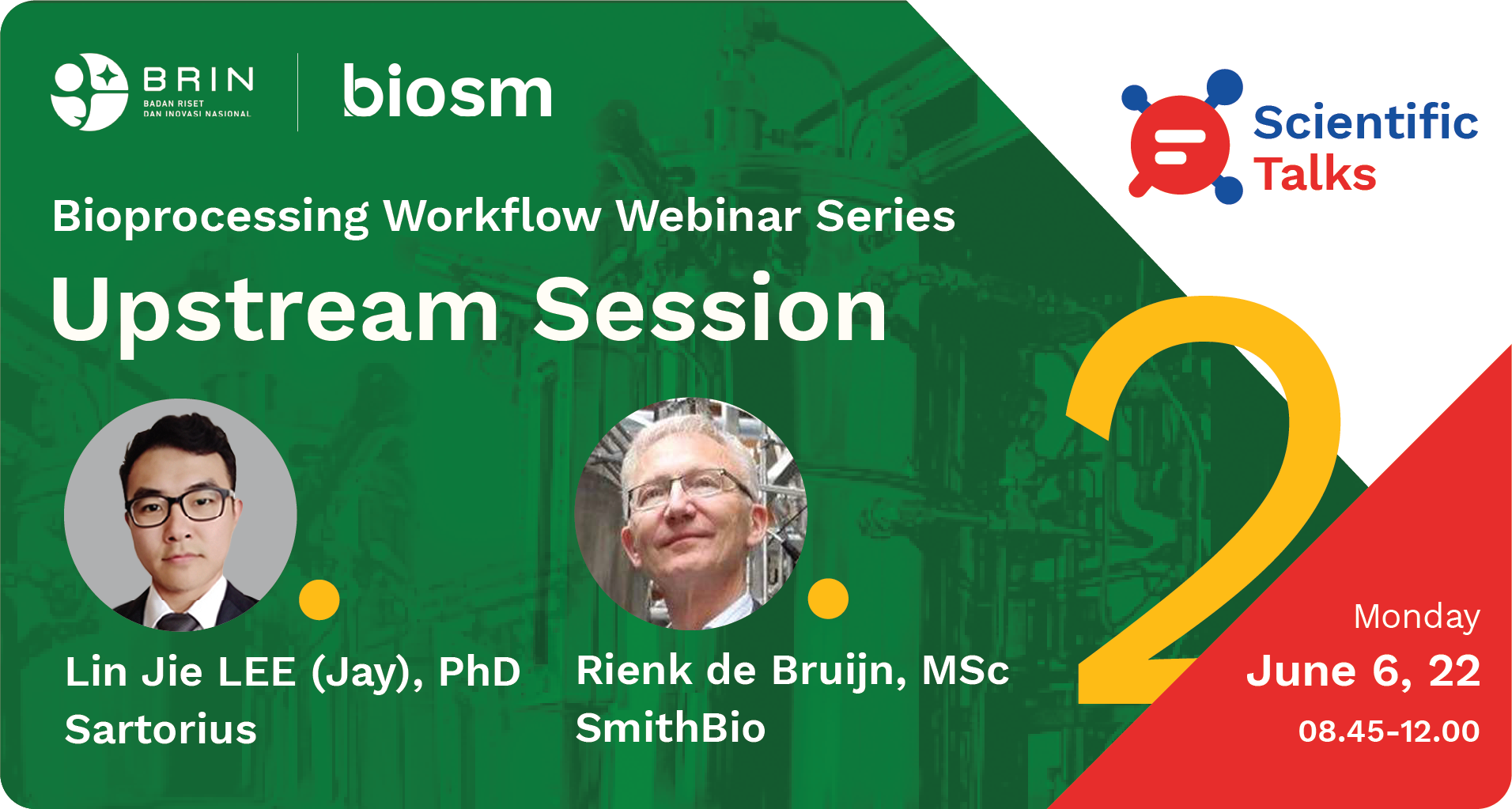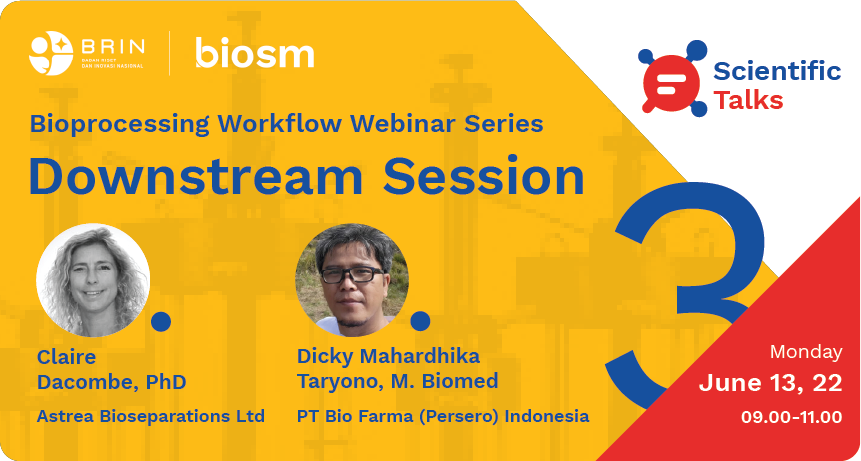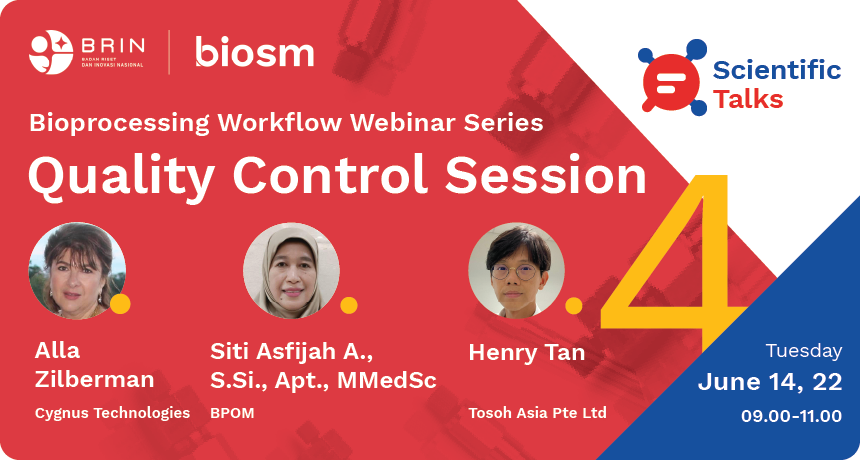
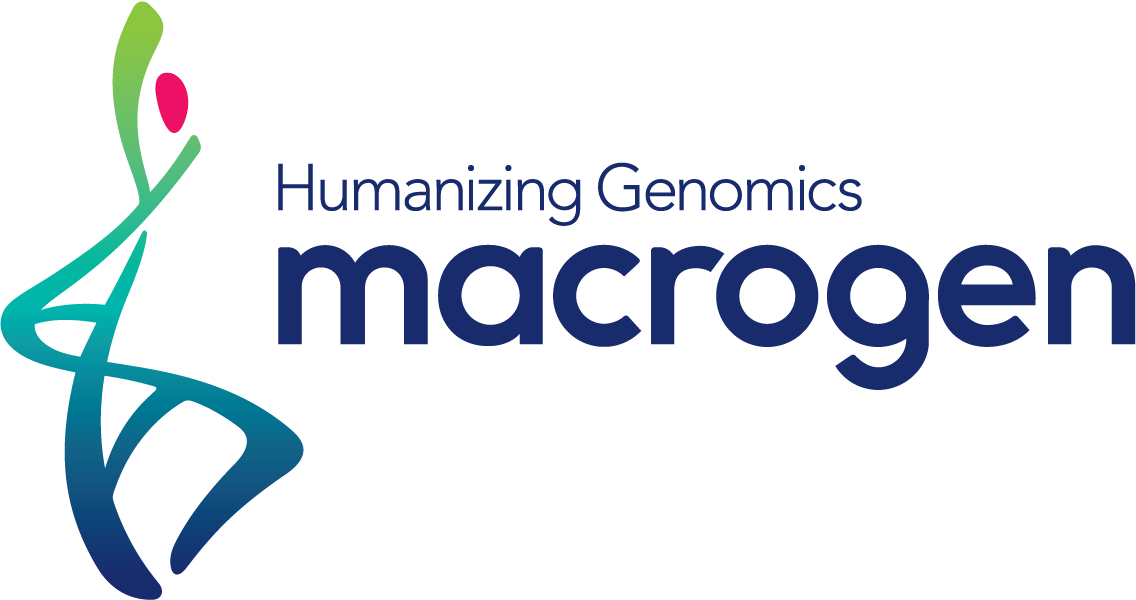
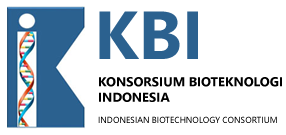
NGS Application for Agricultural and Medical Genomics - Konsorsium Bioteknologi Indonesia (KBI)
NGS Untuk Genomika Pertanian dan Kesehatan
Penjelasan NGS dari Macrogen & Vazyme Biotech Co. Ltd
Tentang Webinar Ini
Welcome Remark:
Sambutan Presiden KBI
Speaker: Mastur, PhD
Pengenalan Biosm Indonesia
Speaker: Rifani S.Si, MBA
Topic 1:
Updates On plant Genomic
Speaker: Mr. Yang Kap-Seok, PhD (CEO Macrogen)
------ --------
Topic 2:
NGS Library preparation: DNA, RNA & Epigenetic Sequencing
Speaker: Ms. Yiran Zou, BSc, MSc (Vazyme Biotech Co. Ltd)
Library preparation is the first step of next-generation sequencing. This step aims to break the DNA or RNA into acceptable lengths for the sequencer and prepare those fragments ready to adhere to the sequencing flowcell. This step is crucial to the sequencing quality. For different sequencings, such as DNA sequencing, RNA sequencing, and epigenetic sequencing, the library preparation strategy is various. In this lecture, I'll illustrate the details of these strategies as well as Vazyme's solutions for the library construction process.
Topic 3:
Next Generation Sequencing (NGS) Application for Agriculture
Speaker: Dr. Puji Lestari (Balitbangtan, Kementan RI
Agriculture has enhanced human life; however, climate change and increasing world population demand for more sustainable farming. Animal and plant genome sequencing accelerates genomic research to advance agriculture. Researchers and breeders increasingly use next-generation sequencing (NGS) to make genomics more widely used in this sector. NGS technologies are beneficial for studying various aspects of plant and animal genomics, including genotyping, gene expression and regulation, and epigenetics with high precision. NGS compared to other technologies such as Sanger sequencing, qPCR, and microarray can be a more effective tool for quantifying variation and offers a wide dynamic range to detect novel transcripts that are important for further assessment. In Indonesia, considering the high diverse genetic resources across the countries, harnessing this NGS needs to be prioritized for breeding, conservation and other applications. Genomics has been researched and applied for the genetic improvement programs and selection tools on several crops, including food crops, horticultural crops, industrial crops, and other crops species in Indonesia. The genomic analysis in the IAARD has been addressed on the national strategic national commodities of crops including rice, soybean, maize, chili pepper, potato, banana, cocoa, jatropha, oil palm, sugar palm, coconut, and livestock like cattle. NGS expectedly could serve as a worthy approach for the next generation breeders and researchers in Indonesia to mitigate the rising demand for food, feed, fiber, and fuel in the future.
Topic 4:
Next Generation Sequencing (NGS) Application for Health Research
Speaker: Dr. Zafarina Malik (Eijkman Institute)
The development of next-generation-sequencing (NGS) techniques has revolutionized our ability to analyze genomes and detect nucleotide variants, and allowed for a cost- and timeeffective sequencing of both host1 and pathogen2 DNA, leading to a "genomic era" of health research. In recent years much research has been conducted to find new biological markers for diagnosis or treatment, and NGS has transitioned from research to clinical use. Recently, since the price and turn-around time of NGS has been dramatically reduced, sequencing of patient samples using NGS has been applied for clinical practice. For example, clinical sequencing was mainly applied to cancer patients to determine appropriate treatment by genotyping cancers.3 Another example is the application of SARS-CoV-2 whole genome sequencing for genomic surveillance that is useful for tracking and monitoring the emergence of a new variant.4 However, NGS generate big data that require complex analysis, and integrating genomic data with clinical data for translational research remains a significant hurdle. Moreover, misinterpretation of NGS result could lead to serious diagnostic errors. Challenges in integrating NGS’ big data and interpretation for diagnostic can be broadly split into three categories: data collection, data management, and data analysis.5 Despite the challenges, the high-throughput sequencing technologies are leading to real and unprecedented benefits for the medical care of patients, heading to precision medicine in the near future. Understanding how NGS is being used for is critical for determining its clinical benefits and addressing current and future challenges to appropriate implementation.
Isi form untuk melihat rekaman
Speaker
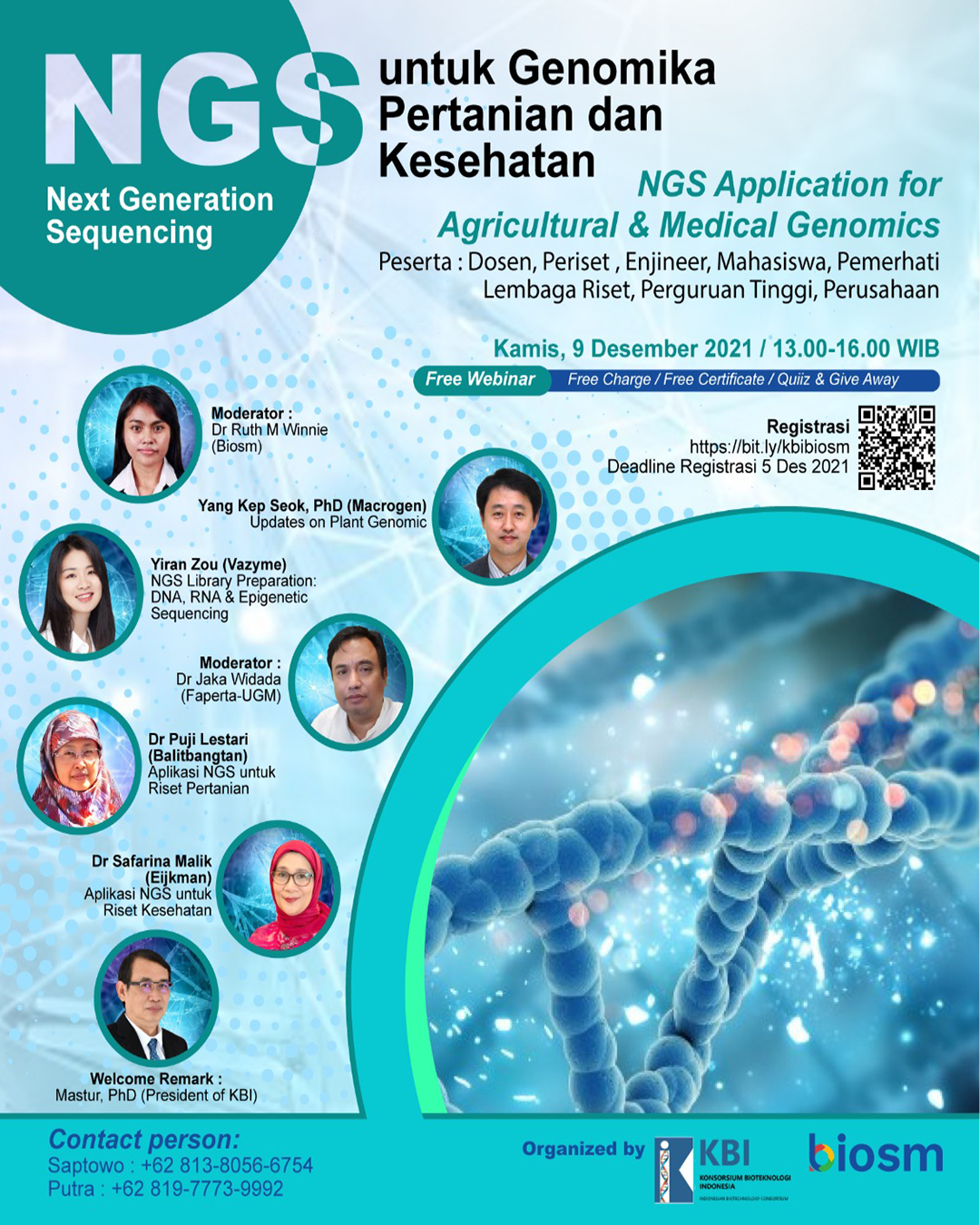
Manfaat Webinar Biosm untuk Anda

Akses webinar online kapan saja, di mana saja.
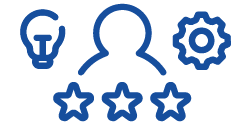
Menjadi ahli dalam aplikasi standar dan inovatif

Memperoleh pengetahuan yang luas dari keahlian yang komprehensif
Sampaikan kebutuhan riset anda
Punya pertanyaan atau permintaan khusus seputar produk dan layanan kami? Tim kami siap berpartisipasi dalam mendukung keberhasilan riset Anda.
